AGING BRAIN
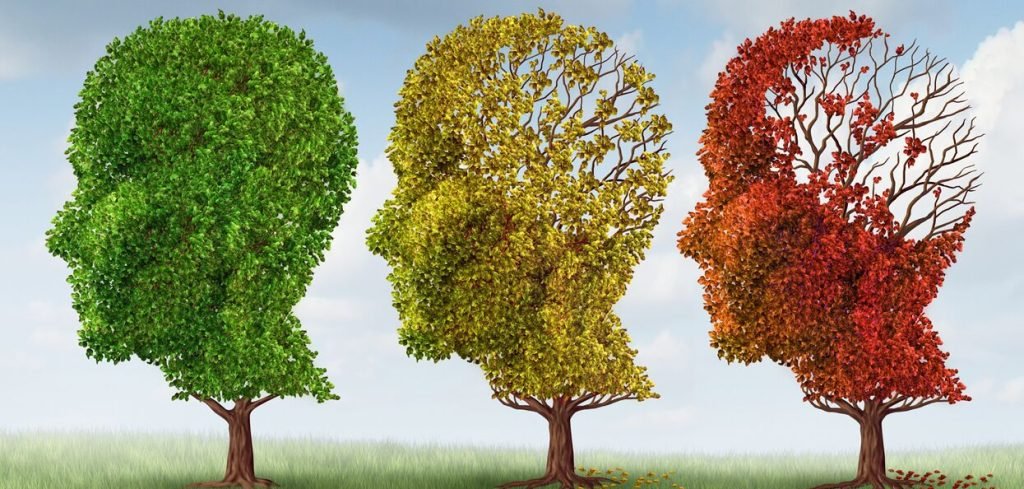
We all have the capacity to degenerate our brain.
Inflammation from many causes is damaging our neurons which can’t easily be replaced. Causes include unhealthy lifestyle patterns, negative stress, sleep dysregulation and fragmentation, Airway fragmentation and poor breathing patterns and low oxygen supply.
Biochemical causes include toxins, inflammation, concussion, excitotoxicity, exercise deficits and malnutrition.
As we get older this loss of neurons seems to accelerate. The healthiest elderly, however, have minimal brain function decline even into their 90’s so there is hope. Early intervention and change are EXTREMELY important.
Do NOT ignore early brain degeneration symptoms because you can’t get back the brain neurons you lose!
Earliest Symptoms of Brain Degeneration:
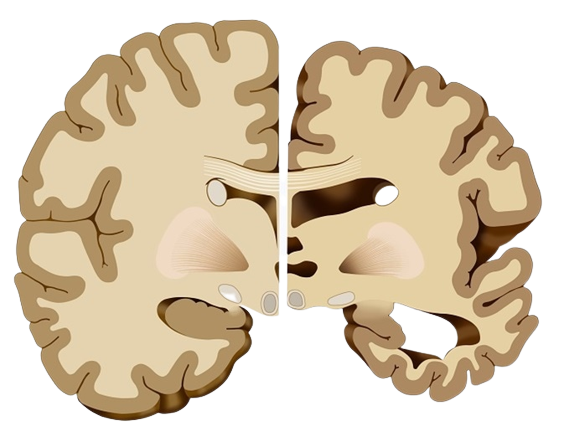
- Fatigue –reading, driving, being on the computer makes me tired sooner than it used to, sleep problems.
- Depression – often an early sign of neurodegeneration as the frontal cortex is not firing properly.
- Poor Vagal Tone – as brain degenerates, we have less signaling to the parasympathetic control centers that turn on digestion, blood flow to gut, healing, and repair. Symptoms can include constipation, leaky gut, multiple food sensitivities, too little or too much saliva, dry mouth and eyes, and swallowing problems are common early signs of brain degeneration.
Symptoms Related to Moderate Brain Degeneration:
- Inability to focus or concentrate
- Difficulty learning new tasks
- Chronic constipation, SIBO and other opportunistic intestinal pathogen overgrowth, digestive enzyme deficiency
- Increased Sympathetic Tone:
- Increased blood pressure
- Increased resting heart rate
- Stress susceptibility and sleep problems
- Loss of autonomic tone and sympathetic (yellow nerves) overactivity – cold hands and feet, fungal overgrowth of toe nails from poor blood flow.
Symptoms Related to Significant Brain Degeneration:
- Inability to work professionally – business or career starts to fail
- Can’t stay on time anymore, inability to grow and learn
- Inability to appreciate life – lives in chronic depression, lose excitement and enthusiasm.
- Inability to perceive neurological loss – not aware that their driving is no longer safe.
- Early signs of Neurologic Disease – tremors, difficulty with directions, etc.
Symptoms Related to Severe Brain Degeneration:
- Neurodegenerative disease – Alzheimers, Parkinsons, MS, ALS, Myesthenia Gravis etc.
- Loss of bladder control and/or bladder spasms
- Bowel obstruction
- Inability to digest food
- Loss of taste and smell
- Inability to develop new friendships/social relationships
- Needs assistance with bathing, toilet, feeding etc.
Earliest Signs of Dementia
- Poor short-term memory
- Difficulty learning
- Difficulty with directions
- Decreased brain endurance
- Fragmented sleep
What Can We Do?
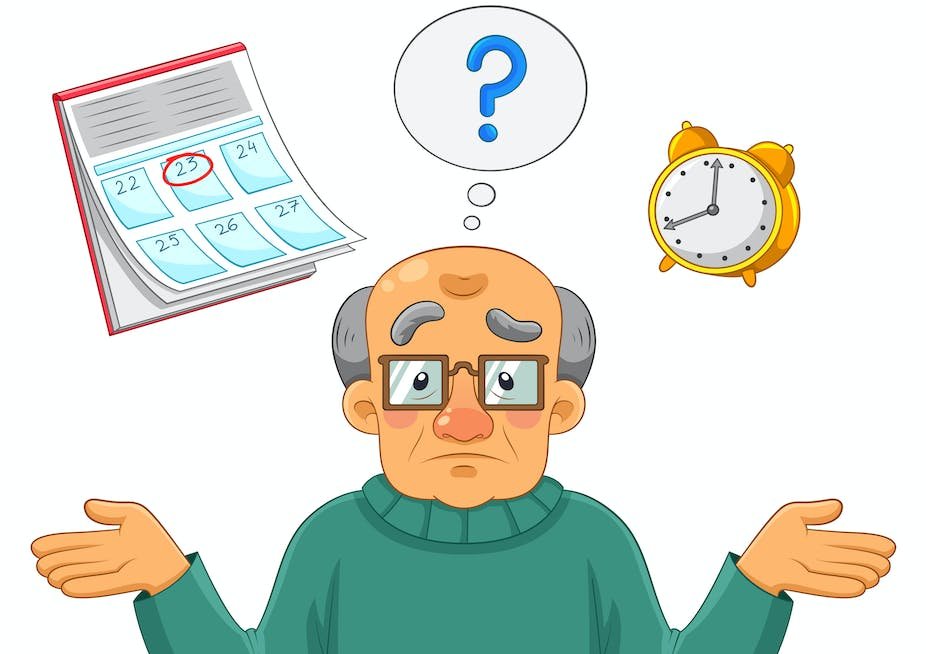
TLC (Therapeutic Lifestyle Change tailored to fit our unique needs) is tender loving care to your brain – your most important organ for Wellness and quality of life.
Brain research shows 5 major causes of Brain Aging and Neurodegeneration:
- Reduced blood flow to our brain or poor oxygen supply to it
- Essential Phospholipid imbalances
- Our brain is made of 60% phospholipids
- The DHA part of fish oil (EPA-DHA) is most important for brain health.
- Phosphocholine provides a substrate for Choline to make acetylcholine.
- Neurotransmitter system dysfunction stops the network regulating and connecting
- Neuroinflammation damages neurons, and activates gliosis
- Oxidative Phosphorylation dysfunction and structural damage of the brain cells.
Improve Brain Blood and Oxygen Supply:
- Improve Nasal breathing, and avoid mouth breathing.
- Have assessment Performed for tongue tie and OAFMS, See a dentist, or ENT. Surgical revision may be required along with rehabilitation activities.
- Use REMplenish Myo -Straw to strengthen oral airway and mouth structures to reduce apnea and hypopnea.
- Tape mouth shut at night to sleep
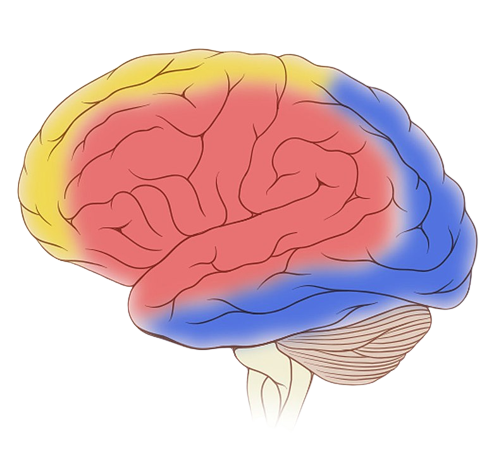
- Use sinus flush, treat infections in the sinuses.
- Consider Deviation of the nasal septum.
- Practice box breathing to slow breathing rate to 6-8 times a minute.
- Hyperbaric Oxygen therapy (HBOT).
This provides greater plasma O2 concentration and increased capillary angiogenesis. HBOT is shown to reduce Inflammatory cytokines such as Il6 and increases tissue repair, especially in the CNS and cardiovascular system. Evidence for low Level HBOT exists showing it helps in dementia.
- Berkley Nox – Creates more nitric oxide which opens blood vessels and decreases vascular resistance, this gives a boost to brain and body blood flow quickly – acute effect.
- Boosts brain endurance, focus, and metabolic endurance during exercise.
- Adjust dose 1-2 a day until “brain gets brighter” = brain fog symptoms gone. Hands and feet should feel warmer.
- Ideal to take before exercise. Exercise – This is one of the most effective methods for increasing blood supply and oxygen to the brain, as well as stopping the death of neurons. Whole body movements such as dancing walking and running as well as weight training are great methods to increase blood supply and release nitric oxide.
Improve Brain Phospholipid Balance
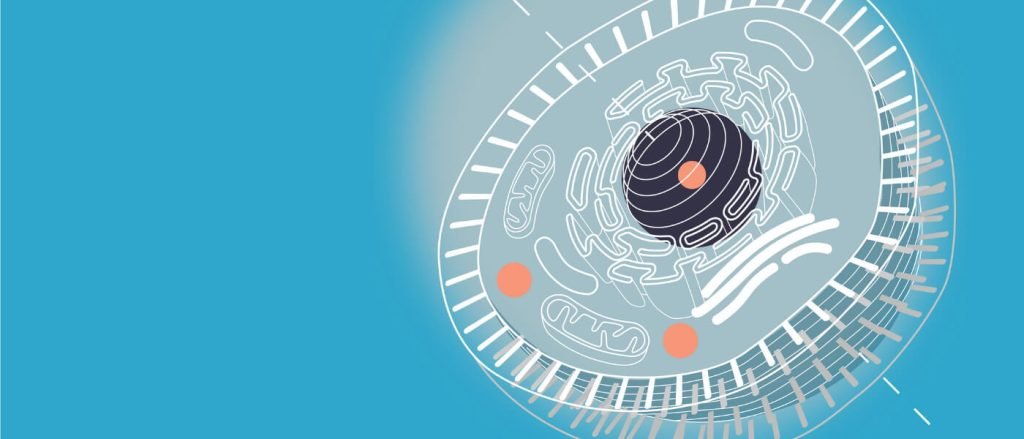
Brain Balance support:
- DHA/EPA – Brain-supporting DHA at a 26:1 ratio to EPA. Highest ratio on the market to support brain cell membrane fluidity so nutrients can pass into the cell easily. Also includes phosphatidylcholine for cell energy and nerve signaling support.
- CDP – Choline powder – This provides the root nutrient to make the lipid membranes of nerve cells, as well as acetyl choline, and bile salts.
Phospholipid complex – Phospholipids are natural, integral parts of cells. They are structural components of cell surface membranes and the membranes within the cells, because they help maintain their strength, flexibility, and integrity.
- Phosphatidylcholine (PC): Ensures cell membrane integrity and function.
- Phosphatidylethanolamine (PE): Vital to mitochondrial function.
- Phosphatidylinositol (PI): Supportive to the brain and neurotransmission.
- Phosphatidylserine (PS): Essential for memory.
Avoid fried foods and processed foods with toxic hydrogenated fats.
Neurotransmitter System Support
 Acetylcholine System
Acetylcholine System- GABA System
- Seratonin System
- Dopamine System
- Catecholamine System
Earliest Sign of Dementia is Acetylcholine system failure with these symptoms:
- Loss of photographic memory – remembering what you just looked at.
- Difficulty with sense of direction – dependable navigation system
- Poor memory: constantly losing objects such as keys, phone, etc. Can’t remember where car was parked, forgetting appointments, tasks, …
- Hard time remembering words, names, places
- Slow mental speed
- Problems in muscle control, sleep, and cognition (clear thinking)
4 Types of Memory
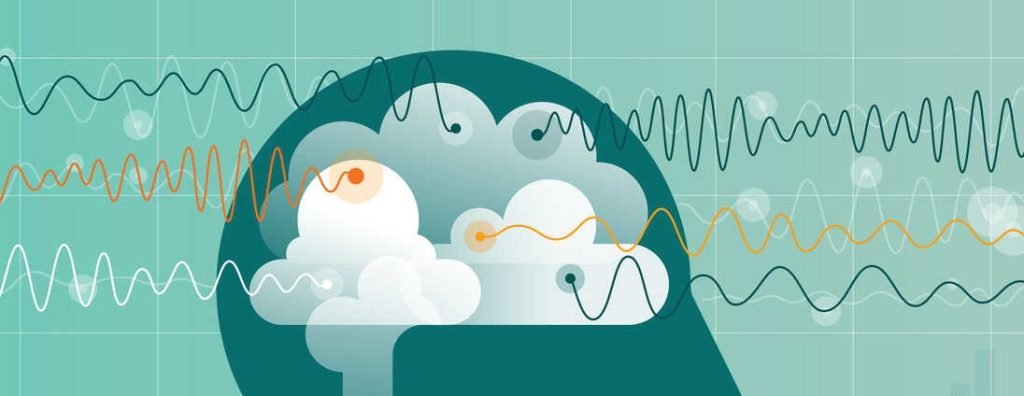
- Working Memory –short term information holding so we can reason and make decisions. Frontal & Parietal cortex involved.
- Short-term convert to Long-term Memory – Hippocampus involved.
- Declarative Memory – memory of facts and events so can be consciously recalled. Temporal lobe involved.
- Procedural Memory – knowing how to do things like walking, talking, and riding a bike. Cerebellum involved.
- Temporal lobe still working = remember 30 years ago but can’t remember this morning if hippocampus damaged.
- Unhealthy frontal cortex = depression, then less acetylcholine which increases glial activation and neurodegeneration
- Anti-depressants have no evidence to support use for mild to moderate.
- No evidence of effectiveness except for suicidal, end stage depression
Brain Balance Support:
- Acetyl-CH Active – focused support for Acetylcholinergic system
- Huperzine A
- Inhibits breakdown of acetylcholine so it acts longer at synapse
- Stimulates neuron branching & supports healthy nitric oxide expression
- Research shows reverses amyloid plaques and tau protein Neurofibrillary tangles that block nerve transmission in degenerated brains.
- Improves acetylcholine receptor sensitivity
- CDP Choline (Citicoline)
- An important building block for making acetylcholine
- Important for healthy cell membrane function & nitric oxide expression
- Increases glutathione production and recycling
- Decreases inflammation
- Helps remove Beta amyloid plaques
- N-Acetyl-L-Carnitine
- Supports converting fats into energy boosting brain cell energy production
- Precursor to acetylcholine
- Panthothenic Acid
- Cofactor to support production of acetylcholine
- Best taken together with other 7 B vitamins
GABA System
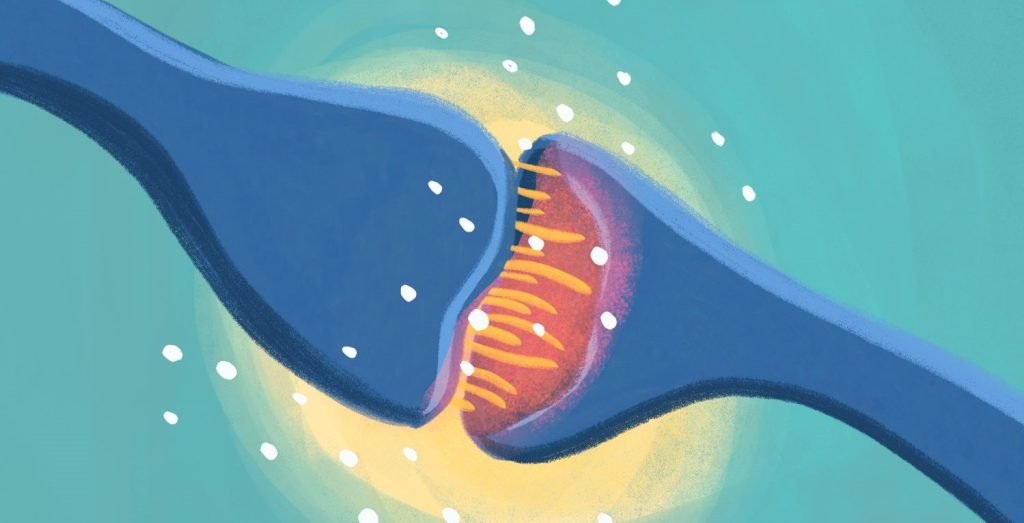
Degeneration leads to increasing:
- Anxiety, Restlessness, and Panic Attacks
- Difficulty shutting mind off
- Feeling easily overwhelmed
- Disorganized and hard to stay on task
- Easily distracted, can’t initiate projects
- Startled easily with difficult to calm down after
- Severely sensitive to light and sound
- Elevated resting heart rate
- Fires into rubrospinal system – can’t turn off jaw and neck muscles
Brain Balance support: Theanine
- Multifactor support to boost GABA levels and GABA activity
- Taurine has activity similar to GABA
Serotonin System
Degeneration leads to increasing:
 Guilty Depression – feel bad since no good reason to be depressed
Guilty Depression – feel bad since no good reason to be depressed- Loss of Joy from friends, hobbies, music, food etc.
- Poor focus, lack of purpose, loss of interest in life
- Overcast weather aggravates
- Poor self image
- Social isolation
- Cravings and overeating of sugar and starchy carbs
- Slowed reflexes and coordination
Serotonin supports
- Tryptophan
- 5-HTP – precursor support to serotonin
- SAMe – methyl donor
- St. John’s Wort and serotonin production c
Dopamine System
Degeneration leads to increasing:
 Depression
Depression- Loss of Motivation – get up and go, got up and went
- Inability to finish tasks
- Slow movements and slow mind
- Need caffeine to stay focused
- Crave chocolate, red meat – precursors to l-dopa
- Poor compliance/follow-through with health programs etc.
- Irritable, quick to snap at every little thing – poor neural gating
- Can’t turn off what they think but should not say
- Constipation with loss of smell and taste – even restaurant food doesn’t taste good so stay home.
Brain Balance support: PreDop
- Mucuna pruriens – natural source of L-dopa and support substantia nigra area of brain that makes dopamine
- Precursor support for dopamine and glutathione to protect brain areas that make dopamine
Catecholamine System
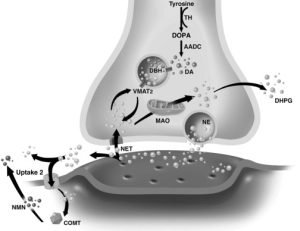 Degeneration leads to increasing:
Degeneration leads to increasing:
- Mental speed and alertness
- Ability to concentrate
- Cognitive processing – impaired mental performance
- Easily distracted
- Need to caffeine or coffee to function
- L-tyrosine to support dopa and catecholamine systems of brain
- Guarana extract – caffeine source to support catecholamine systems of the brain
- Eleuthero extract – support the Hypothalamic-Pituitary-Adrenal axis of the brain
- ATP Ignite – supports catecholamine and mitochondrial energy production
Oxidative Phosphorylation linked Neuron Excitotoxic Damage:
- Decreased mitochondrial energy production leads to increased free radicals and excessive inflammation damaging mitochondrial DNA creating a vicious cycle of downward energy and increasing cell damage.
- Increasing mitochondrial decay triggers decline brain function and cell death.
- Decline in cellular glutathione levels central to this degeneration process.
- Low mitochondrial ATP triggers NMDA receptor activation & excitotoxicity
- Neurons need ATP and glutathione to slow decay/degeneration
Glutathione recycling critical to mitochondrial and neuron health:
 Alpha lipoic acid
Alpha lipoic acid- Vitamin C
- CoQ10
- Vitamin E
- L-Glutamine
- Selenium
- Cordyceps
- Silymarin
Brain Balance Support:
- ATP 360 – protects against neuronal mitochondrial loss
- Alpha lipoic acid
- Glutathione– bioactive s-acetyl glutathione
Neuroinflammation
- Degeneration leads to:
- Brain slowing and Brain Fog symptoms, poor decision making
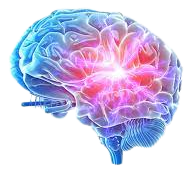 Brain Balance Support:
Brain Balance Support:
- Inkepahlin
- B Vital
- NAC
- querciten
- Repairase
Methylation
- 3 pathways to reduce homocysteine
- Important to support TMG (Trimethyglycine) for most
Brain Support: Methylated B Complex
- Addresses all 3 pathways
- Rich in TMG and other support factors
Autoimmunity in Neurodegeneration
- Role in Alzheimer’s and about 50% of all Parkinson’s patients
- Cyrex Array 5 available to measure autoimmune antibodies for brain tissues
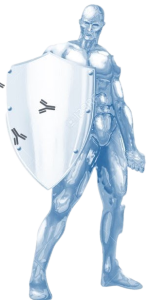 Amyloid plaques and Neurofibrillary tangles slow and block nerve signal transmission
Amyloid plaques and Neurofibrillary tangles slow and block nerve signal transmission
Create an environment to create neuron dendritic branching to decrease effect of loss of an intermediary neuron. This means that to for Neuron A to talk to Neuron C it must connect through neuron B: A – B – C
If neuron B is damaged and dies, the connection stops and our brain suffers.
Dendritic spurring means Neuron A creates branches that reaches across the dead B and connects to Neuron C. The connection still works and your brain works properly.
We stimulate dendritic branching with exercise, increased blood flow, meditation, staying mentally active growing professionally, spiritually etc., traveling, pleasure and positive emotions.
In fact, according to Robert Sapolsky, it is the total lifetime exposure to stress hormones (glucocorticoids) that best predicts the rate of neuronal death in the hippocampus and the degree of cognitive impairment. The degree of cognitive impairment is in turn a reliable predictor of mortality.
- As brain fails, under activation of parasympathetic system and overactivation of sympathetic system occurs.
- 90% of cortical output is to pontomedullary reticulospinal system that inhibits IML (intermediolateral nucleus of spinal cord) which inhibits sympathetic
Up to 30% of 60 year olds have Parkinsonian Symptoms
Laying down of alpha synuclein that blocks smell and gut nerves leads to constipation
Constipation is one of the first signs of Parkinsons.
Then dopamine system of brain (in basal ganglia), loses activation of direct pathway leads to a slowness of movement.
Do fast movements with fingers, pronate and supinate, tap feet on floor to evaluate.
- Parkinsonian Symptoms: feel like falling backwards, so lean forward to compensate
- Mask face, poor handwriting, Walk slow, flexed forward
Treatment Priority For Brain Neurodegeneration

- Breath through nose and not mouth, treat sinuses issues and tape mouth shut at night
- Use REMplenish Myo Straw to strengthen vagus brainstem-cortical loops to improve airway control, and calming activities of the descending cortical pathways via the vagus nerve.
- Increased blood flow – Nitric Balance and HBOT, Exercise
- Phospholipid – CDP choline, B Complex, Vitamin D, DHA 1200
- Neurotransmitter support – can support multiple or all pathways if needed. Can support as long as necessary – no problem with inhibition or dependency.
- Neuro Inflammation support – Sulphoraphane, quercetin, NAC,
- Oxidative phosphorylation/Mitochondrial support with B complex, ATP 360
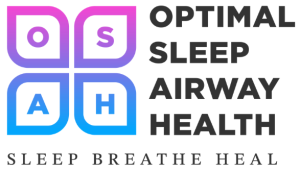

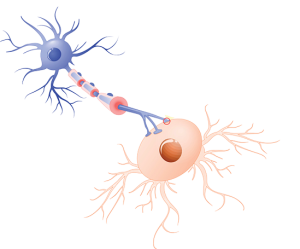 Acetylcholine System
Acetylcholine System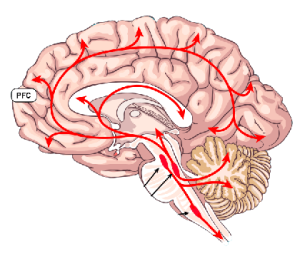 Guilty Depression – feel bad since no good reason to be depressed
Guilty Depression – feel bad since no good reason to be depressed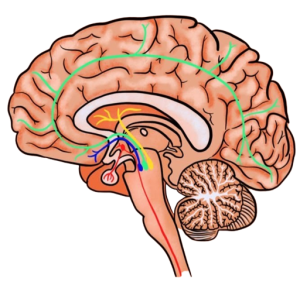 Depression
Depression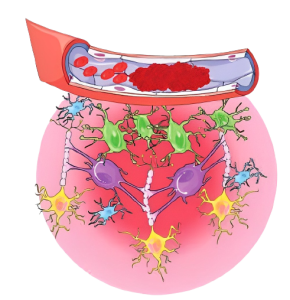 Alpha lipoic acid
Alpha lipoic acid
Analogues exist?
You have hit the mark. In it something is also to me your idea is pleasant. I suggest to take out for the general discussion.
Completely I share your opinion. Thought excellent, it agree with you.
Very helpful!
I consider, that you are not right. I can defend the position. Write to me in PM, we will talk.
Thank you, this is really helpful. Enlightened my confusions!
Very helpful!
Keep it up
Really great content
100% !!!!
Super informative and easy to understand. Highly recommend!
Great content!
Great!!! Thank you for sharing this details.
Ugh brain is aging lol. thanks!
I never knew REM sleep was so connected to other health issues.